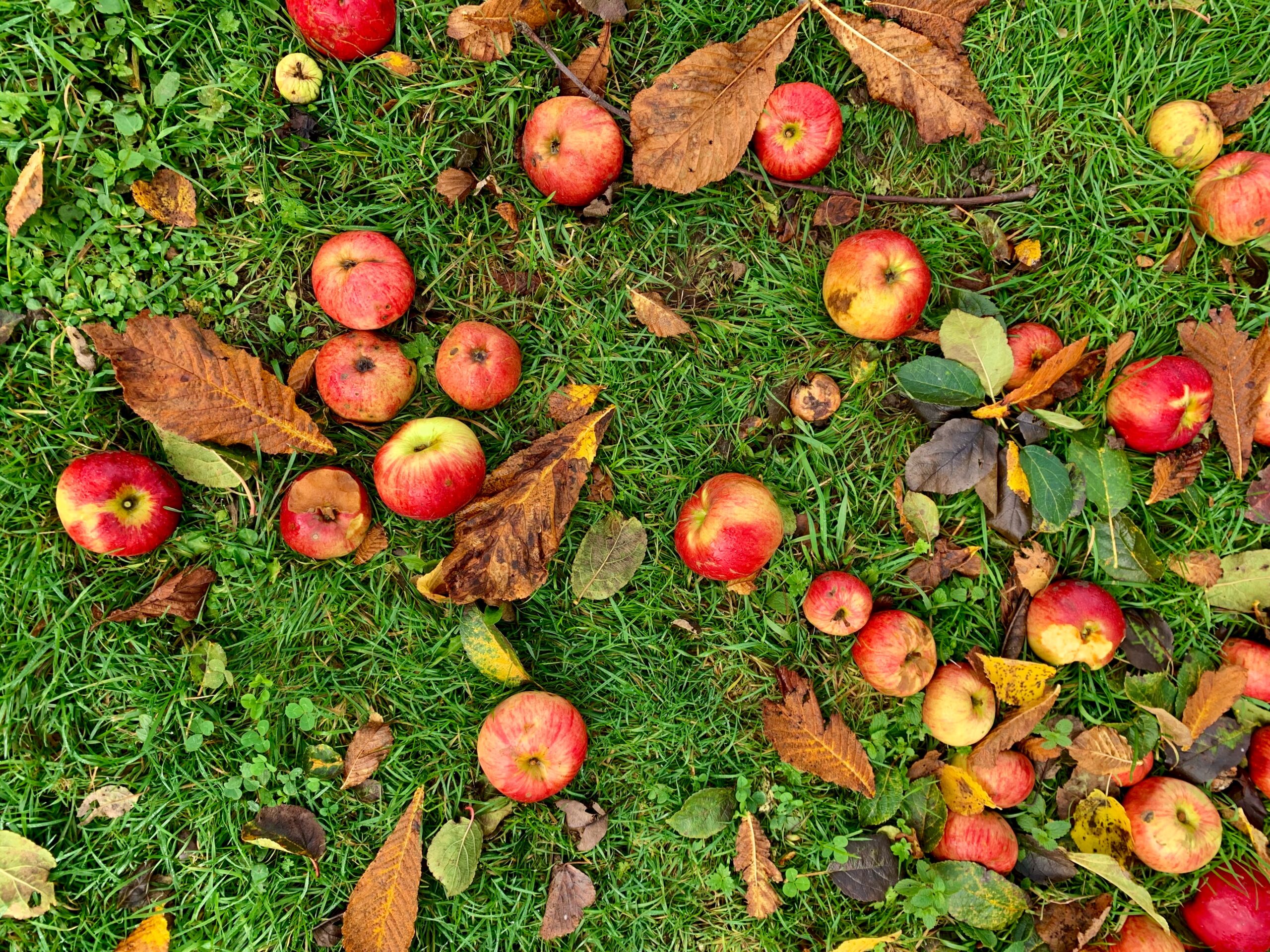Aparigraha is a Sanskrit word that is often translated as non-attachment. It is also the fifth of five Yamas. The Yamas, as laid out by Pantanjali who was a sage in India believed to have authored a number of Sanskrit works, the most prominent of which is the Yoga Sutras, a classical yoga text dating to 200 BCE – 200 CE. The Yamas are the moral, ethical and societal guidelines for the yoga practitioner and are still highly relevant and valued guides to lead a conscious, honest and ethical life.
As we observe this Yama, Aparigraha, what better season to be inspired to ‘let go’, than during Autumn? Mother Nature reminds us that change is inevitable and life always flows in cycles:
“Let things ripen and then fall.
Force is not the way at all.
Just let go and we will see
The way to do is to be.”
– a song by Laurence Cole
Practice
Aparigraha in practice involves intentionally observing the present, living in the moment, and remembering that this too shall pass.
‣ Observing the present: can you carve out 5-10 minutes each day during the season of Autumn to be silent and witness the daily changes in nature?
‣ Living in the moment: can you pause for a minute at 3pm during your work day and observe the simple rise and fall of your breath, intentionally, without any other thoughts?
‣ This too shall pass: When an intense life situation arises in your day, take a moment to feel into your body. Where does this external situation create sensation in your physical body? Sitting with that awareness of your body, how would you describe these sensations (hot, cold, prickly, soft, dull, pressure, colours, vibrations)? Just for a moment, ask yourself, do I choose to hold this in my body, or, do I trust that this sensation is rising in my body in order to pass through? See how this brief moment of awareness opens you up to another way of viewing an intense situation, arising and passing away, without needing to attach to it.
Along these lines of letting go, here is a beautiful sharing of impermanence by Frank Ostaseski. Frank is an American Buddhist teacher who co-founded the Zen Hospice Project, and created the Metta Institute to train professionals in providing mindful and compassionate end-of-life care:
“Acceptance of impermanence reveals the flip side of loss, which is that letting go is an act of generosity:
‣ We let go of old grudges and give ourselves peace.
‣ We let go of fixed views and give ourselves to not knowing.
‣ We let go of self-sufficiency and give ourselves to the care of others.
‣ We let go of clinging and give ourselves to gratitude.
‣ We let go of control and give ourselves to surrender.”
Similar to the fourth Yama, Brahmacharya – the right use of energy & only taking what we need, Aparigraha pushes us deeper into the understanding of allowing, acceptance and flow. Ultimately this will lead us to more physical and mental freedom, less tension and more creative expansiveness. “Just let go and you will see – the way to do, is to BE.”
Happy Autumn from all of us at Studio Nine.

Written by Leah Marie Serna, RYT 500, yoga practitioner, meditator, and co-owner / yoga instructor at Studio Nine. She teaches the Tuesday and Thursday noon Flow classes, Wednesday Kundalini as well as the Thursday morning Foundations class. She also serves as the yoga studio manager.

